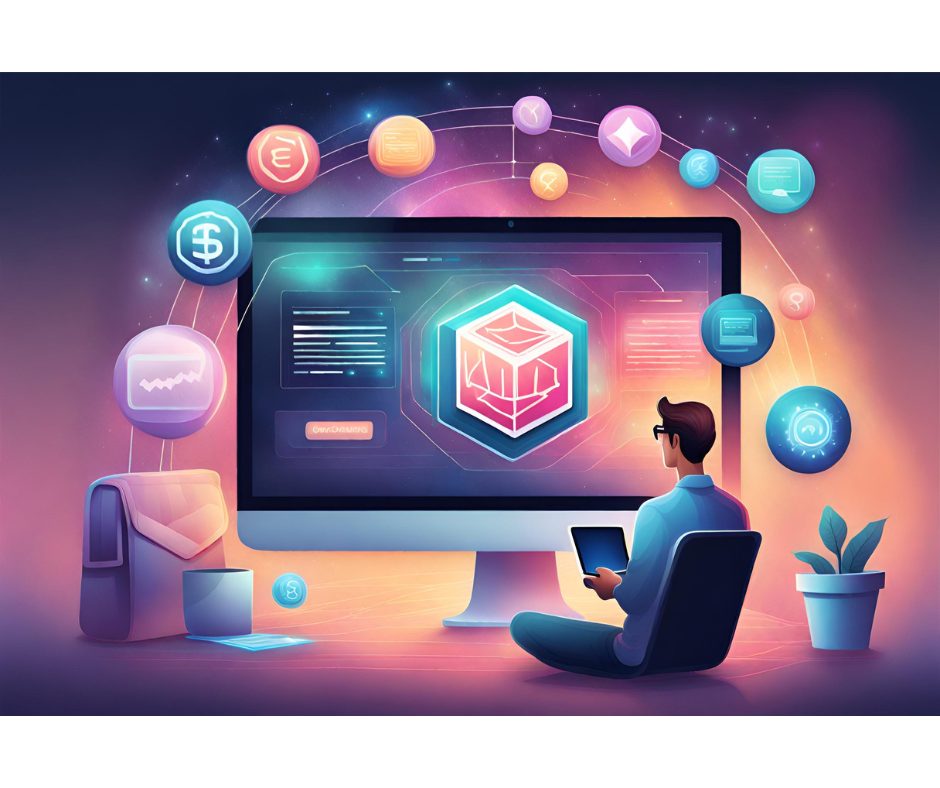Ostensibly, companies develop “co-marketing” programs in order to promote themselves to the outside world.
But for Gary Hensley, director of information technology at Odwalla, a maker of high-energy juices and snack bars in Half Moon Bay, Calif., the biggest benefit to participating in the “e-leaders” campaign started by Oracle is to get the ear of Oracle itself.
“It turned out to be a hook deep inside the company that helps us get resources when we need them,” says Hensley.
For instance, if Hensley helps facilitate a Web forum or teleconference, or moderate a panel at a trade show such as Oracle OpenWorld, Odwalla earns points, much like an airline frequent-flier program. As the credits build up, Odwalla can use them to get additional hours of consulting or training from Oracle.
And because the request comes from an e-leader that Oracle is trying to showcase, it carries more weight and prompts a faster response.
Otherwise, Odwalla is left to use more conventional means of getting what it wants from Oracle, such as paying for Oracle consultants to fix bugs that surface in an early version of Oracle’s Web-enabled business software, known as Oracle 11i. Odwalla has used Oracle as its vendor of enterprise planning software, using financial, purchasing, data warehousing, Internet procurement and self-service expense software from the company known best for popularizing the relational database.
Taking on the risk of installing an early version of a new generation of software this way gets costly: Hensley figures a new release increases deployment costs from 20% – 25%. To keep costs down and projects on track, Hensley and his team interview Oracle consultants before they start work. The company doesn’t pay for work done by consultants who don’t survive a trial period. Odwalla also insists on having a “dedicated customer-care representative” placed on site to work through problems as needed.
But the list of Oracle e-leaders is not as exclusive as it used to be. When Pam Truswell took over last year as Oracle’s vice president of service and operations, that roster was limited to 200 companies.
That made no sense to her. Asked why there was a limit, she says, “You got me. I think someone drove in to work one day and said 200 was a good number.”
Now the program has morphed into a “global customer reference” program for companies with well-known names and global reputations that are using a broad range of Oracle applications. Customers such as Odwalla, who fit that bill, can get free use of video footage when Oracle sends in a camera crew to shoot a testimonial; a company may even get a $100,000 study from Bain & Co. that shows exactly how it is generating a return on its investment in Oracle software.
But even e-leaders must stay alert, in case Oracle’s changes don’t go their way. Gevity HR, a $2.7 billion provider of human resources services for small and medium businesses, got Oracle to add features it needed for CRM. Senior VP Lisa Harris says Gevity is retaining more customers with Oracle’s new software, but she wonders whether her company will lose negotiating power with Oracle as more customers buy Oracle’s integration story and start using Oracle applications.
Harris says Gevity has many inroads into Oracle and works hard to attend Oracle conferences and catch the attention of Oracle executives—she remembers once cornering ex-president Ray Lane. “We’d say, ‘We purchased your CRM product, it’s doing well, there are some enhancements I’d like to personally tell you about.’ Most times, it takes 15 minutes. Most times, they enjoy hearing from customers.”
Indeed, Hensley says there’s no secret formula for getting a vendor to either respond to immediate technical problems or allow for needs in future releases of software. Calling direct is still the best way to protect your interests with a vendor.
“There’s no magic out there with any vendor. You have to act as an advocate of your company,” he says. “I’ve spent a lot of energy managing the interests of our company” with vendors.
In fact, sometimes the best way to manage one’s vendor is not to deal directly with the vendor at all.
Odwalla is also dependent on Novell and its NetWare operating system and related software to maintain a network of 350 users across 30 locations, coast to coast. Over the past seven years, Odwalla has never turned to Novell for basic assistance; it’s turned to Dynamic Networking Systems of Benicia, Calif., for first- and second-level support.
This was a consulting firm recommended by Novell; and in a future go-round, Hensley might conduct an independent comparison of possible support suppliers. But having a third party can be a better way of managing support, than managing your vendor. While Hensley has had only one “point of contact” with Oracle in the past year, turnover at Novell has meant three points of contact in the same period.
Soon, though, Hensley might not be able to choose which vendor to try to manage. In December, Odwalla was acquired by the Coca-Cola Co. For now, it is part of the Minute Maid juice division, which also relies on Novell. But long term, that may change: Coca-Cola itself uses Microsoft network operating software and Lotus Notes, not Novell NetWare and GroupWise.
Before Coke came into the picture, managing his vendors was critical because the costs of switching—at about $10,000 per user—were too high for a medium-sized company to consider. Now, if Coke requires a switch, Hensley expects his new parent to pick up the tab.








